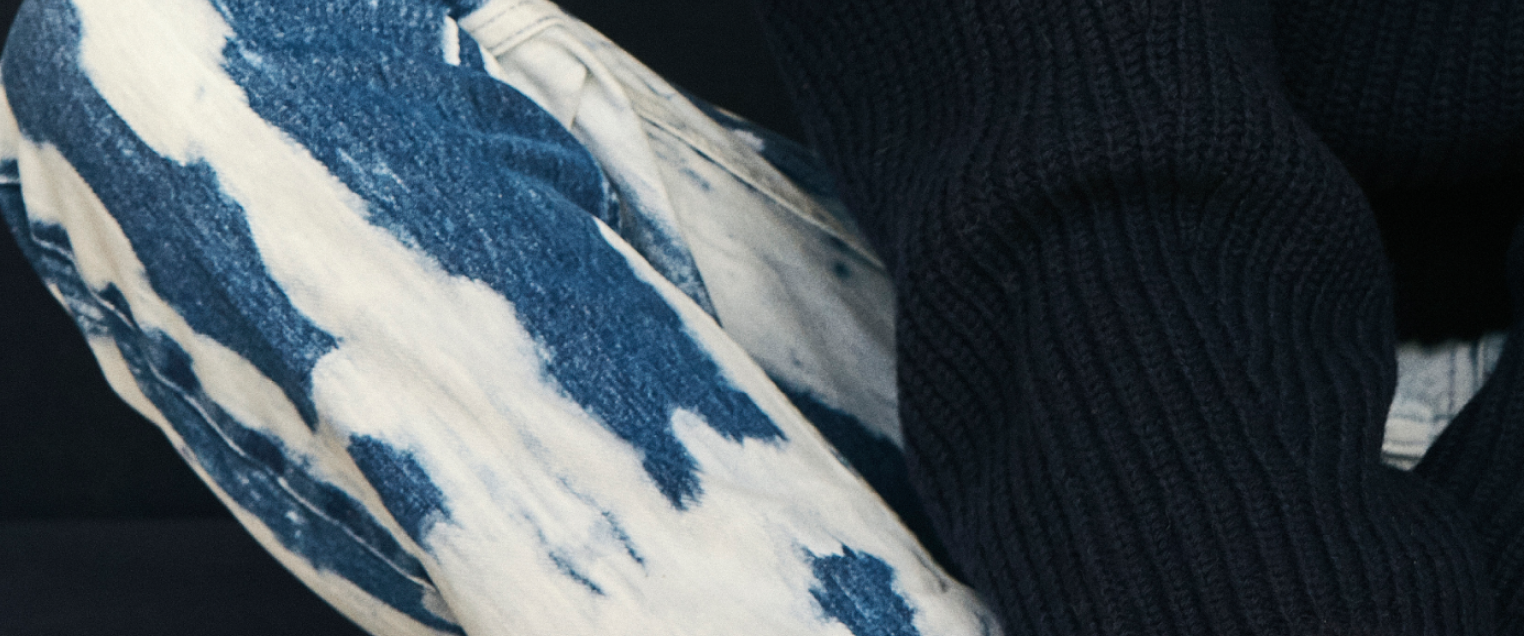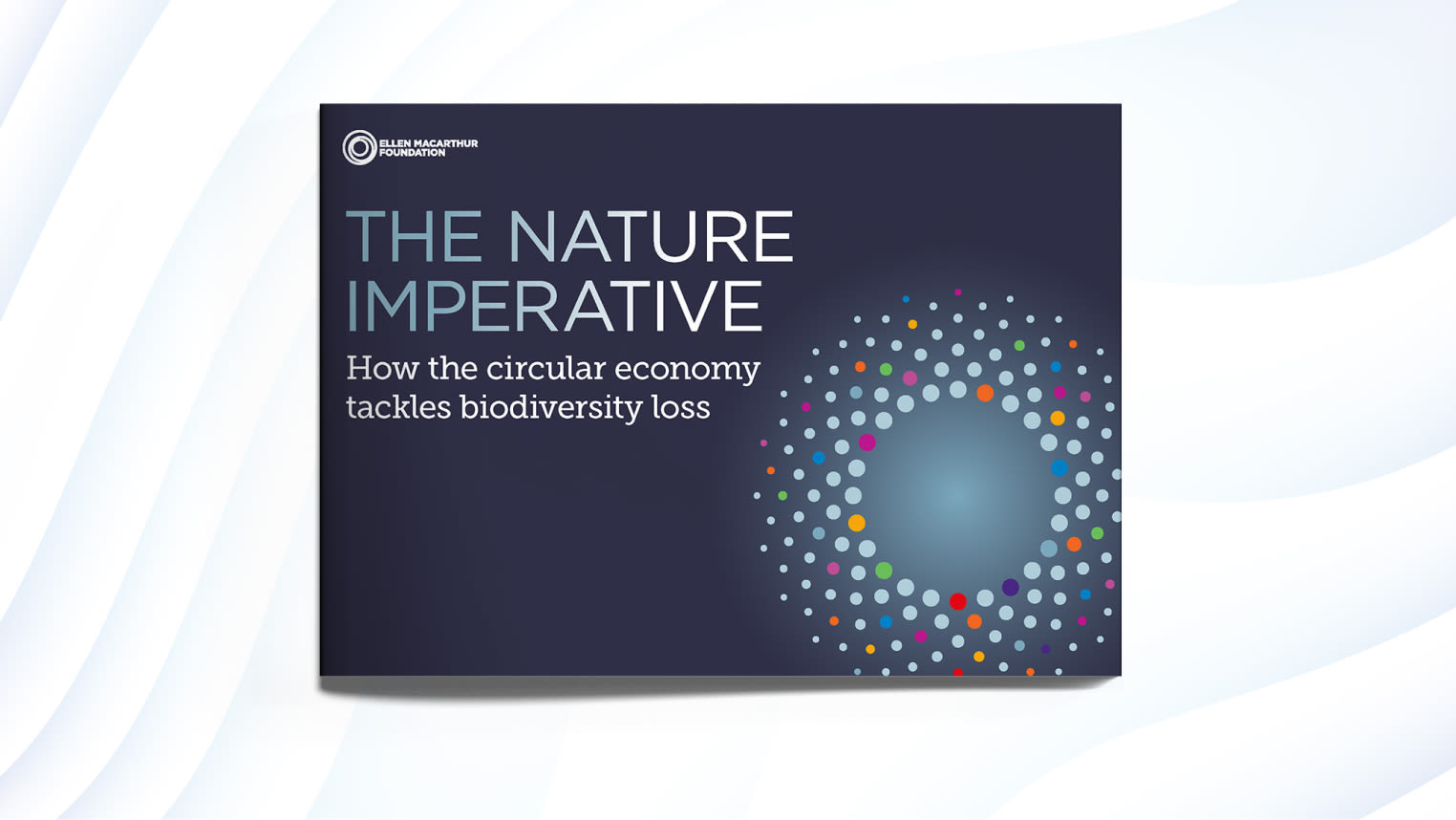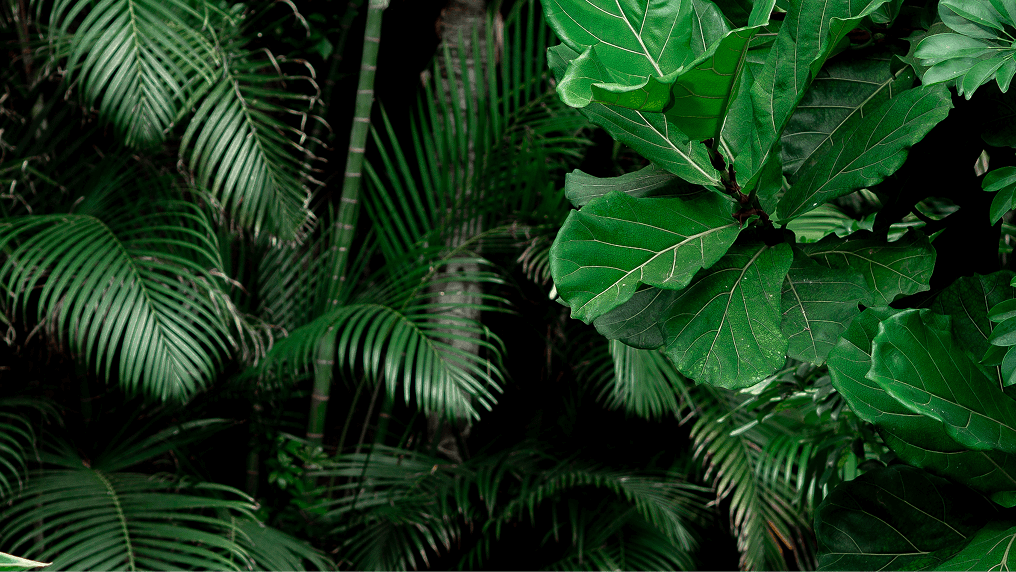MUD Jeans was founded on a firm belief in the circular economy and a desire to demonstrate to the big players of the fashion world that cycling clothing is possible and profitable. Currently, MUD Jeans’ garments use up to 40% post-consumer recycled cotton, derived from discarded jeans. The remaining cotton is GOTS certified, meaning that their suppliers growing the fibres in Turkey avoid the use of pesticides and insecticides and are able to reduce water usage by 88%. Moreover, the company uses safe chemicals and processes, and offers a subscription model so that repairs are free and users can swap their jeans for a new pair.
Biodiversity benefits
MUD jeans reports that one of their items emits 7.14 kg CO2e (versus the industry average of 23.45 kg CO2e), uses 581 litres of water (versus the industry average of 7,000 litres) and requires 5 m2 of land per year. Through an innovative method for measuring their biodiversity impact, on average, a pair of MUD Jeans has been estimated to potentially affect 0,000000203 species per year. Overall, applying a combination of circular economy practices has allowed them to achieve an impact on biodiversity 51% lower than the industry standard.
Further resources:
For a case study on Mud Jean’s application of the capital protocol, visit Capital Coalition
This page is part of a deep dive into biodiversity and fashion, where we delve deeper into safeguarding biodiversity by circulating clothes, eliminating pollution, and regeneratively growing natural fibres.







